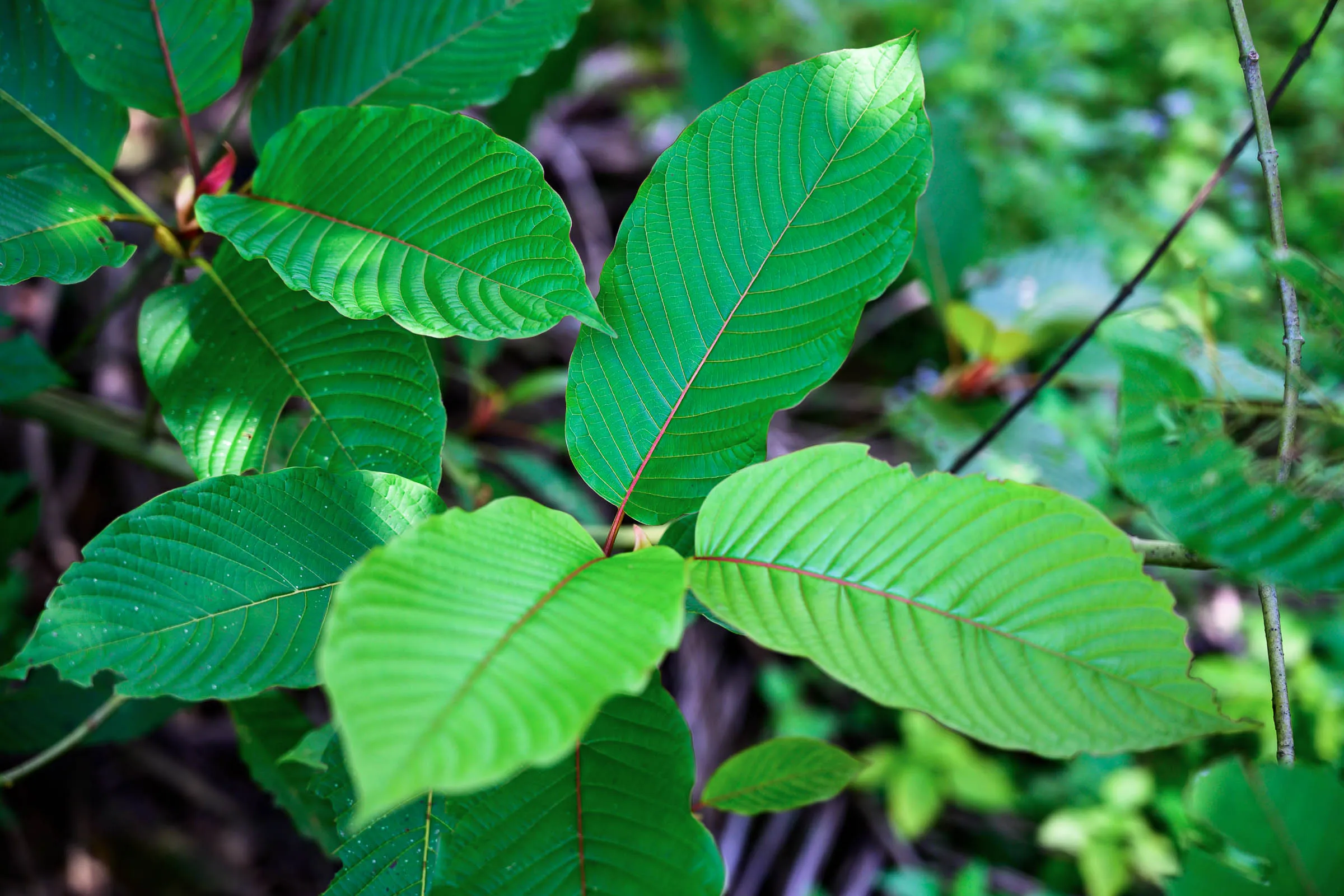
Protecting the ecosystem and guaranteeing the future supply of this important plant depends on sustainable harvesting methods as the global demand for kratom keeps growing. Local to Southeast Asia, the tropical tree kratom harvesting has therapeutic and medical benefits. Still, without suitable harvesting techniques, its drawn-out accessibility and the biological systems it fills in can be at risk.
Value of Ecological Harvesting
Ecological kratom harvesting ensures that the plant will keep growing for a very long period into the future. Unsustainability practices such as over-harvesting can cause kratom populations to run out and destroy forests. Local communities can preserve the normal equilibrium of the ecosystem, save biodiversity, and ensure the kratom trees’ ongoing soundness by implementing sustainable methods.
Selection of Harvesting
Selective harvesting is a key tactic in environmentally friendly kratom procurement. Rather than downing entire trees, gatherers carefully select mature leaves, therefore enabling the plants to keep growing and produce additional leaves over the long run. This training forest increases long-term leaf production and prevents the eradication of kratom trees. The plant stays strong and helpful if the major leaves are collected.
Supporting Local Communities
Additionally, part of sustainable kratom harvesting is helping nearby towns whose livelihood depends on kratom. The sector may involve these people to protect their environment while profiting from the kratom trade by supporting fair trade policies and providing training on sustainable technologies.
Maintaining the ecology as well as the future availability of this important plant depends on sustainable kratom harvesting. By means of selective harvesting and local community cooperation, the sector can ensure the ongoing availability of kratom and safeguard the biological systems where it grows. Balance the needs of the market with those of nature depends on sustainable practices.







